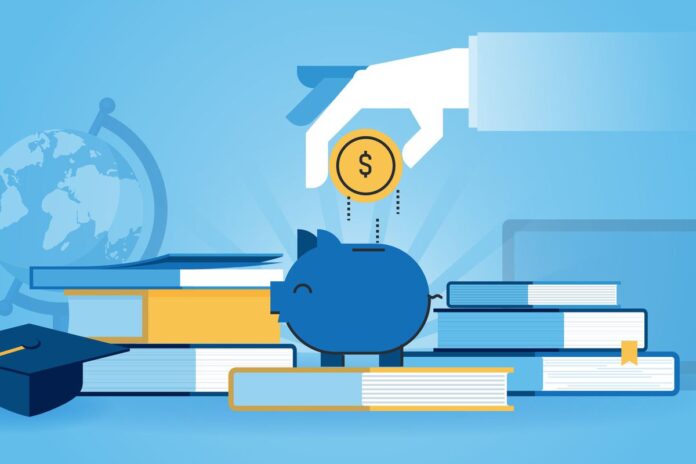Student loans have basically become an assumed part of American life for many people. With over 40 million people collectively owing more than $1.75 trillion, it’s hard to make an argument otherwise. Student loan refinancing can be a solid option for some who want to get to a better place with their debt. Here are some pros and cons of student loan refinancing.
What Does It Mean to Refinance Student Loans?
It’s likely you’ve heard of the term refinancing before, even if you’ve never done it yourself. This is due to refinancing being one of the most typical—and beneficial—ways for individuals and organizations to reorganize their debt.
So, what is refinancing? The truth is that refinancing itself is a pretty basic concept. All you’re doing is taking out a new loan—sometimes with the same lender, sometimes with a different one—to cancel and replace current debt.
Those who aren’t super comfortable with financial terms might be shifting in their seats upon hearing this. For those who aren’t well versed in financial lingo, taking out debt in order to pay off your current loans probably sounds highly risky. In reality, though, it’s often a wonderful move. Remember: You’re not taking out more debt to just service your loan payments. This would be an extremely dubious scheme. People who attempt to do this with credit cards or other lines of credit often end up ruin. The difference with refinancing is your old loan is paid off when you refinance, so you’re just left with the new one. You’re simply getting a loan that works better for you.
What Are the Pros of Refinancing Student Loans?
While you might have found the conclusion of the previous section to be fairly positive—the idea that you can drastically your loans by refinancing—this doesn’t fully describe the details. Let’s take a look at the pros of a student loan refinance:
- Lower your interest rate – For most kinds of loans, the interest rate is the most important factor. Interest rates determine how much you’ll have to repay on a loan beyond the borrowed amount. High rates can lead to you forking over way more money over the long term. Refinancing to a lower interest rate can help consumers save thousands of dollars over the course of their loan repayment.
- Lower your monthly payments – It’s possible to lower your monthly payments through refinancing, both through lowered interest rates and changing the repayment term of your loan. A loan with a longer term duration will have lower monthly payments, as you’re stretching out the debt repayment over a longer period of time. Those who want to pay off their loans faster with an even lower interest rate can consider shortening the length of their loan with refinancing.
- It’s free for consumers – One of the great aspects of refinancing student loans is that it’s free for borrowers. This isn’t the case with most forms of refinancing, which typically carry some kind of loan origination fee.
As you can see, there are myriad benefits to refinancing student loans. But no solution is perfect. There are downsides to refinancing as well.
What Are the Cons of Refinancing Student Loans?
If you were thinking that a student loan refinance almost sounded too good to be true, it’s time to come back to reality. While there are many compelling positives to refinancing, there are less appealing factors too. Here are a couple cons of refinancing student loans:
- You can only refinance with a private lender – While this isn’t a bad thing on its face, refinancing might not be a great choice for those with federal student loans. This is due to the fact that federal loans come with built-in privileges like loan forbearance and special repayment plans. Individuals who plan on utilizing these in the future should think twice about refinancing.
- You might not be accepted right away – Since refinancing can only be done with a private lender, you’re going to have to prove certain credit score and income levels in order to qualify. Of course, having a cosigner can solve this issue.
Refinancing your student loans makes perfect sense if you already have private loans. Those with federal loans, however, need to do their due diligence to determine if this is actually going to benefit them. Knowing the pros and cons of student loan refinancing can help with this.































